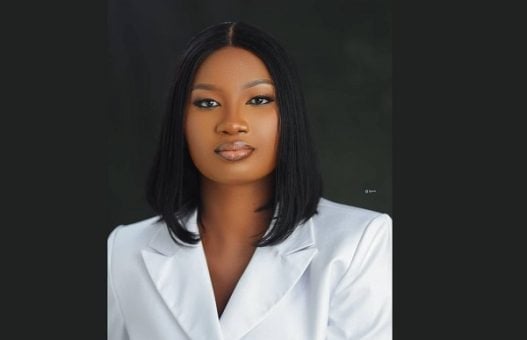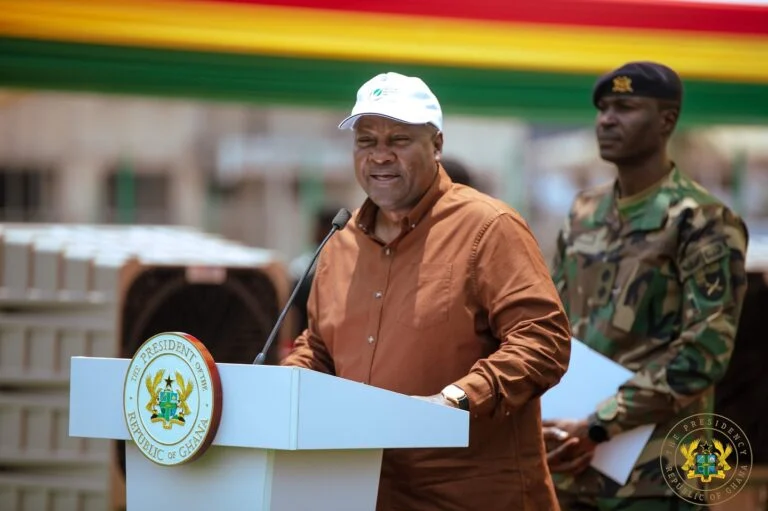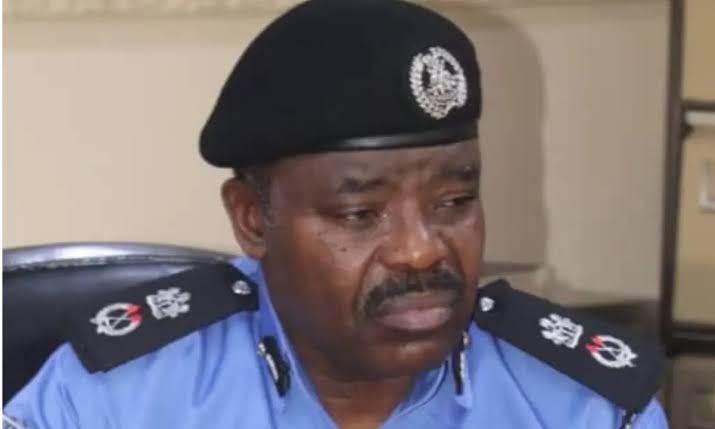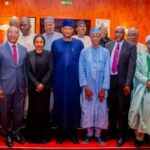Africa CEO Club President Presses for Stronger Intra-African Partnerships for Economic Growth

The President of the Africa CEO Club, Fatoumatta Gaye, has urged African investors and business leaders to strengthen collaboration and build robust intra-African partnerships capable of accelerating the continent’s economic transformation under the African Continental Free Trade Area (AfCFTA).
Gaye made the call in Abuja on Monday, emphasising that genuine development across Africa can only be achieved when public and private institutions work together to promote cross-border trade, industrial expansion, and youth empowerment.
“We believe that true transformation happens when leadership meets collaboration, when vision meets structure, and when institutions, public and private, come together to move our continent forward,” she said.
Describing collaboration as the “new currency of development”, Gaye encouraged African business leaders to look beyond national borders and invest in partnerships that reinforce regional economies.
According to her, strategic alliances among African countries would create wider opportunities for entrepreneurs, empower women to lead confidently, and inspire youth-driven innovation across the continent.
“Through these alliances, we are creating new pathways for entrepreneurs to thrive, for women to lead with confidence, and for youth to find opportunities beyond boundaries,” she added.
Despite its population of over 1.4 billion, Africa continues to trade more with external partners than within itself. Intra-African exports account for only about 16 per cent of the continent’s total exports, while intra-African trade (exports and imports combined) stands at around 15 per cent, far below the levels recorded in regions such as Europe and Asia.
Experts have attributed the slow pace of trade integration to poor transport infrastructure, high tariffs, inconsistent customs regulations, and limited financing for small and medium-sized enterprises. Many African economies also remain dependent on exporting raw materials rather than trading finished goods across the continent.
However, signs of improvement are emerging. Recent data show that Nigeria’s trade with other African countries rose by N610 billion in the first half of 2025, reaching N4.82 trillion compared to N4.21 trillion in the same period of 2024.
Gaye insisted that the continent could only deepen trade and investment through stronger collaboration among member states.
By encouraging investors to adopt a continental mindset, she said, Africa could unlock unprecedented opportunities for job creation and shared prosperity.
“As we sign these Memorandums of Understanding today, let them serve as a declaration of unity, that across our borders and differences, we remain one Africa with one mission: to build, to innovate, and to empower,” she declared.
Gaye’s remarks drew applause from an audience that included government officials, diplomats, and corporate executives who gathered for the Abuja ceremony.
She concluded by urging African leaders to translate their AfCFTA commitments into measurable outcomes through private sector-driven initiatives and sustained collaboration.
“Africa’s future is not a dream, it is a plan,” she said. “And it starts with conversations like this, partnerships like these, and people like you.”
The statement also introduced the Africa CEO Club’s two flagship programmes: The Africa Blueprint Summit, a high-level dialogue platform to redefine leadership, trade, and innovation for a new African economy; and Africa: Her Voice, Her Power, an initiative celebrating the influence, resilience, and economic leadership of African women.
“These programmes are not events; they are platforms for transformation, inclusion, and real economic growth,” Gaye noted.
She expressed appreciation to organisations that have partnered with the Africa CEO Club to advance its mission, including the Bank of Industry, the Small and Medium Enterprises Development Agency of Nigeria, the Nigerian Association of Chambers of Commerce, Industry, Mines, and Agriculture, and the Nigerian Security and Civil Defence Corps.









